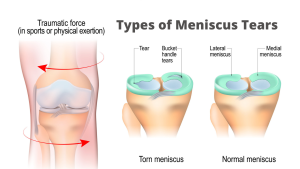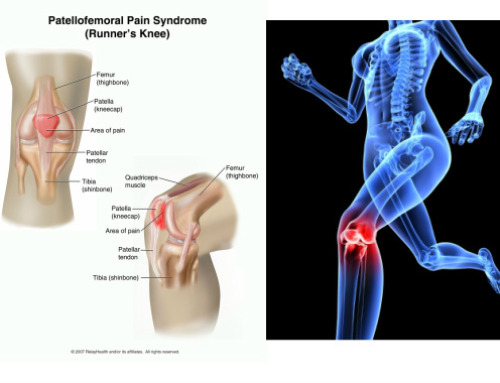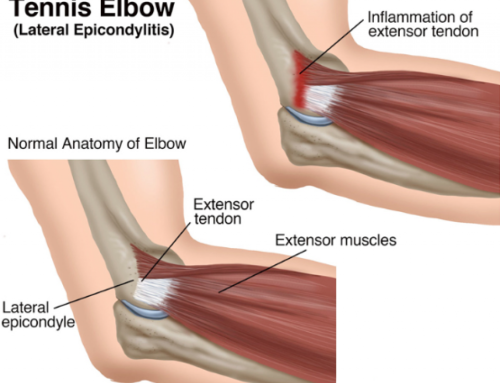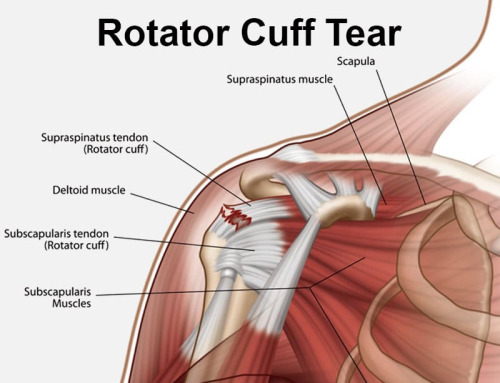Meniscus injuries can be painful and debilitating, impacting your daily activities and overall quality of life. Whether you’re an athlete or simply someone who enjoys an active lifestyle, understanding the nature of meniscus injuries and the role of physiotherapy in the recovery process is crucial.
In this article, we’ll explore meniscus injuries, their causes, symptoms, and most importantly, how physiotherapy can effectively treat and rehabilitate these injuries.
Understanding Meniscus Injuries:
The meniscus is a C-shaped cartilage in the knee that provides cushioning, stability, and shock absorption. Sudden twisting, pivoting, or direct trauma to the knee can cause a tear in the meniscus.
Ageing, wear and tear, and degenerative conditions can also contribute to meniscus injuries.
These injuries are quite common, especially among athletes involved in sports that require quick direction changes, such as soccer, basketball, and tennis.
Recognising Symptoms:
When a meniscus tear occurs, several symptoms may manifest, including:
- Pain, especially when twisting or rotating the knee.
- Swelling and stiffness in the affected knee.
- Difficulty fully extending or flexing the knee joint.
- A feeling of instability or locking of the knee.
- A popping or clicking sensation during movement.
If you experience any of these symptoms, seeking professional guidance from a health professional is crucial for an accurate diagnosis and tailored treatment plan.
The Role of Physiotherapy:
Physiotherapy plays a vital role in the comprehensive management of meniscus injuries. By focusing on non-invasive techniques, physiotherapists aim to alleviate pain, reduce swelling, restore range of motion, and enhance overall knee stability. Here are some common physiotherapy interventions for meniscus injuries:
- Manual Therapy: Skilled physiotherapists employ hands-on techniques to improve joint mobility, reduce pain, and release tight muscles surrounding the knee. They will also improve your whole-body alignment to reduce load on the knee.
- Therapeutic Exercises: Targeted exercises, including stretching and strengthening routines, help restore muscle balance, improve stability, and enhance joint function.
- Functional Training: Physiotherapists guide patients through specific movements and technique corrections to help you regain functional capacity necessary for daily tasks and sports participation to help you return to sport or activity stronger, faster and better than ever!
- Education and Prevention: we offer valuable advice on proper body mechanics, injury prevention strategies, and exercises to minimise the risk of future meniscus injuries.
Benefits of Physiotherapy for Meniscus Injuries:
Choosing physiotherapy as part of your recovery journey offers numerous benefits, such as:
- Non-surgical Approach: Physiotherapy aims to manage meniscus injuries without resorting to surgery, whenever possible.
- Personalised Treatment: Each patient receives a tailored treatment plan based on their specific needs, goals, and lifestyle.
- Pain Relief: Physiotherapists employ various techniques to reduce pain, allowing you to regain mobility and function more comfortably.
- Faster Recovery: By targeting the root cause of the injury, physiotherapy helps speed up the healing process and facilitates a quicker return to normal activities.
- Long-term Prevention: Physiotherapy emphasises the importance of injury prevention strategies, empowering you to maintain knee health in the long run.
Conclusion:
Meniscus injuries can significantly impact your daily life, but with the right guidance and treatment, recovery is within reach. Physiotherapy provides a holistic approach to address meniscus injuries, focusing on pain relief, rehabilitation, and injury prevention. If you’re dealing with a meniscus injury, don’t hesitate to contact Advanz Health for a full assessment and treatment of your injury!





